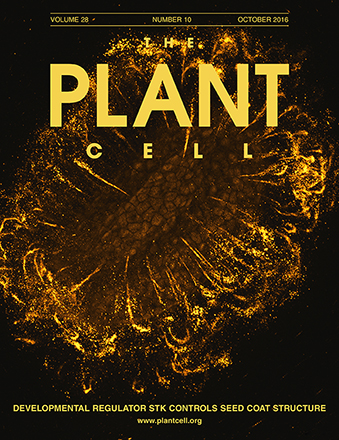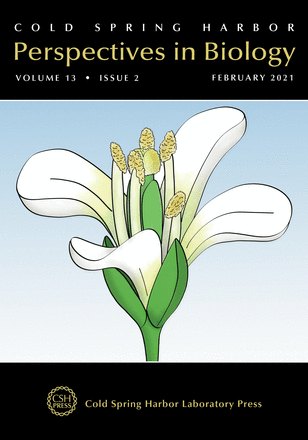Seeds account for the vast majority of calories consumed by humans and are the source of high-added value products like proteins and oils. Seed formation is the culmination of a series of developmental processes like female germline identity acquisition, ovule development and fertilization. Therefore, the study of these …
It is estimated that feeding the world population in 2050 will need a sustainable duplication of the agricultural yields. An important contribution to this objective can be given by introducing apomixis in crop plants. Apomixis is a natural occurring process by which plants produce asexually seeds, which are genetically …
This team aims to decipher mechanisms that govern gynoecium, seed and fruit development in the model plant Arabidopsis thaliana, and to translate this information into key crops of agronomic interest. Our main interests in this field are…
We are studying the evolution of the molecular mechanisms that control the differentiation of flowers and the fruits, reproductive organs that have guaranteed angiosperms their unprecedented reproductive success. We especially focus on floral development, the dispersion of seeds, the maturation and dehiscence of the…
The Herbarium Universitatis Mediolanensis (from here on, called HbMI) is part of Città Studi Botanical Garden (in charge of Biosciences Department). The HbMI is an important heritage mainly composed of herbaria collections and other historical collections, i.e. wall charts and xylotheques dating around the 19th and …






